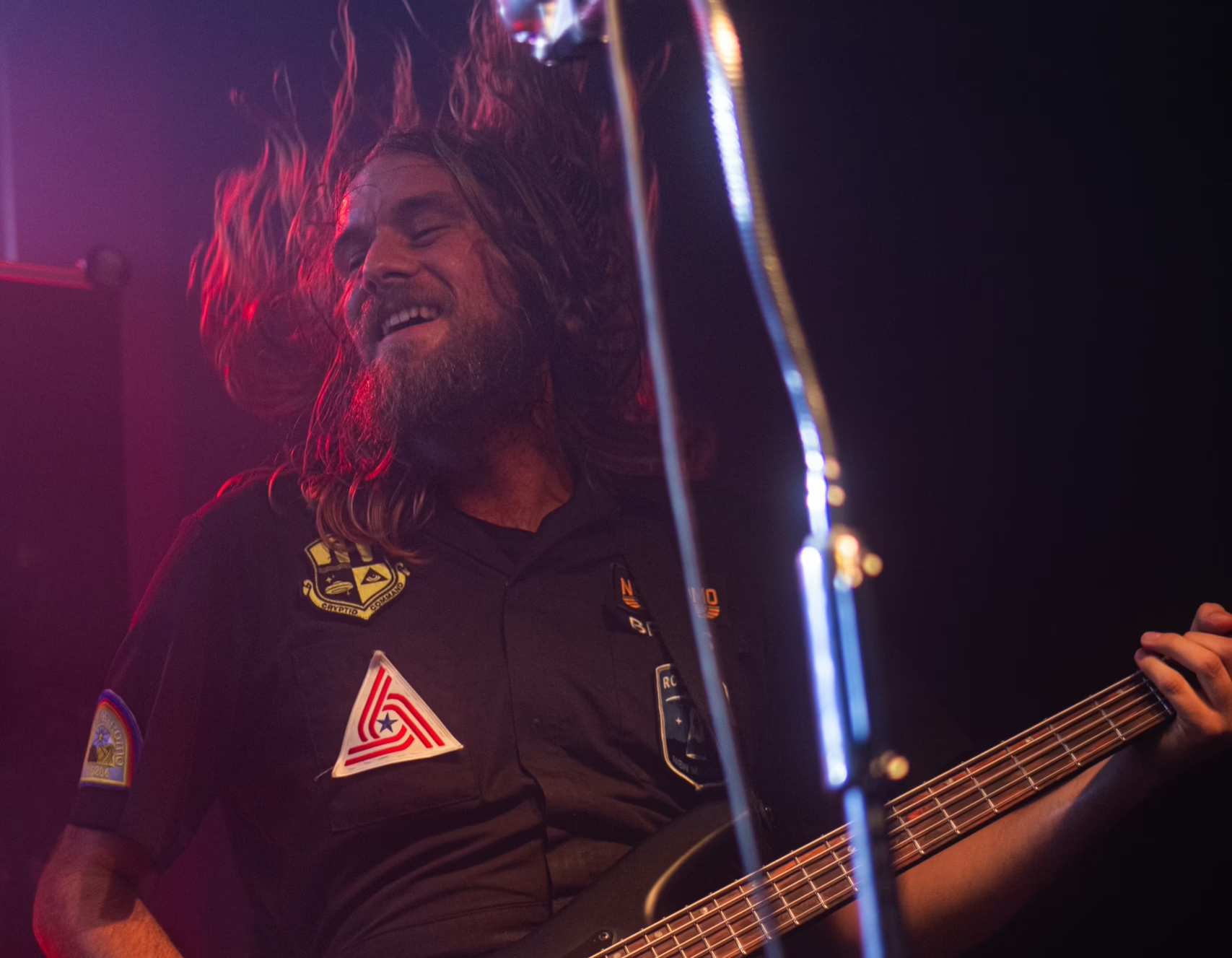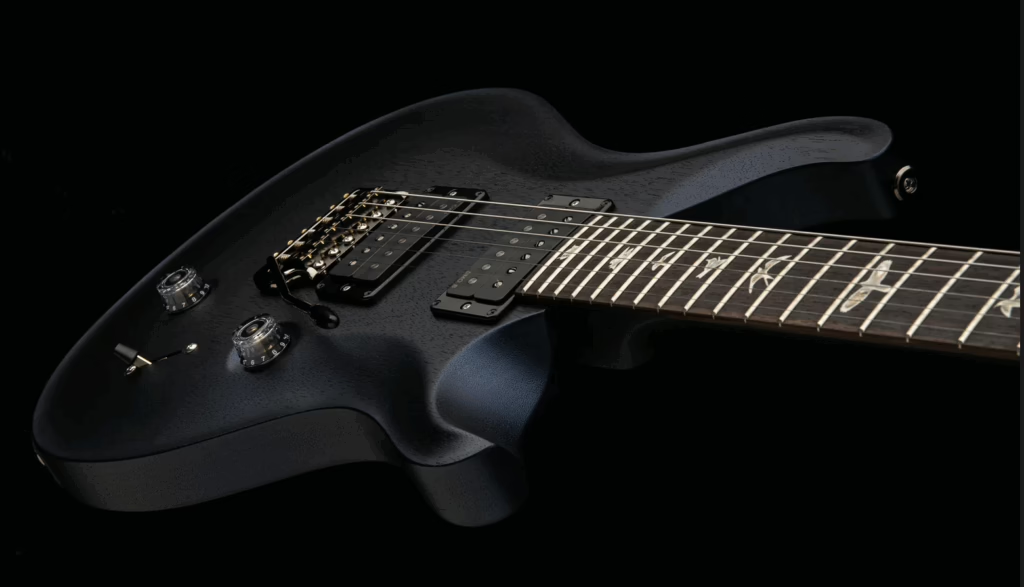Advertisement

Editor Column and Insight into the modern musician.
Photo Credit: Jesse Davidson
____________________________________________________________________________________
In the zeitgeist of music fandom, it’s not uncommon for people to debate the hypothetical success or failure if, let’s say, an artist like Jimi Hendrix were starting out today. A lesser held discussion is if various creative geniuses were alive today, would they be able to get anything accomplished?
If Shakespeare were born in 1994, would he have been too busy getting into arguments over Twitter instead of writing his next play. If Jeff Beck were a Milllenial, would he have wasted his college years swiping through Tinder instead of practicing.
Recently in an interview with BBC News, Jazz legend Herbie Hancock admitted digital procrastination is the reason for not realizing a new studio record in the past 15 years. "I fall into rabbit holes on YouTube. A lot of them. New music writing software, things about health, tech things. I get victimized by it, so to speak, but that's life,” he said with a chuckle.
We’ve all heard stories of excess stifling brilliant musicians. Rock heroes of the 60’s, 70’s and 80’s taken out by the cliched trappings of sex drugs and rock and roll. However, I can’t think of any other point in history when a brilliant artist was sidelined by the passive addiction to modern technology we all face. All of us, to some degree, are glued to various squares and rectangles in our pockets.
Recently in an interview with BBC News, Jazz legend Herbie Hancock admitted digital procrastination is the reason for not realizing a new studio record in the past 15 years. "I fall into rabbit holes on YouTube. A lot of them. New music writing software, things about health, tech things. I get victimised by it, so to speak, but that's life,” he said with a chuckle.
We’ve all heard stories of excess stifling brilliant musicians. Rock heroes of the 60’s, 70’s and 80’s taken out by the cliched trappings of sex drugs and rock and roll. However, I can’t think of any other point in history when a brilliant artist was sidelined by the passive addiction to modern technology we all face. All of us, to some degree, are glued to various squares and rectangles in our pockets. So
It sounds like a satirical headline. In this absurdist day and age, it’s hard to tell the difference. However, it’s a thought-provoking notion and a powerful lesson for all of us creatives. Herbie Hancock is musical equivalent of Bruce Lee or Morpheus from the Matrix Trilogy. The focus and discipline it takes to become a master of any instrument on that level is staggering. If someone who maintained the lifelong dedication to the craft can become that waylaid, what effect does it have on the average musician?
Everything in life has it’s dual nature. The era of social media and home studio technology converging has allowed phenomenal, modern artists like Cory Wong, Jesse Welles and Jacob Collier to have incredible autonomy over almost all aspects of their career and sound. However, it could affect the overall creative output of society in years to come.
In her book Attention Span: A Groundbreaking Way to Restore Balance, Happiness, and Productivity, Psychologist Gloria Mark explores how our attention span has declined over the last couple decades. She discussed this trend in a conversation on the Speaking of Psychology podcast:
“When people shift their attention so fast, and this is multitasking, when you keep switching your attention among different activities, people make more errors. And that's been shown in studies in the real world with physicians, nurses, pilots. We also know that performance slows. Why? Because there's something called a switch cost. So every time you switch your attention, you have to reorient to that new activity, that new thing you're paying attention to, and it takes a little bit of time. So imagine if you're writing, let's say, say you're writing a chapter and you suddenly stop what you're doing and you switch and do something else, and then you come back to it, it's going to take you some time to reconstruct, what was I writing? What was the topic I was thinking about? What were the words I was using? That takes a bit of time. And so we incur these switch costs throughout the day as we're switching our attention, and this creates more effort. It uses more of our very precious mental resources on top of the work that we actually need to do.”
This principle could apply to any creative process. It’s tricky to navigate as the modern musician is reliant on technology for almost everything. The access to YouTube and music education online has arguably made the level of musicianship rise dramatically in certain respects. However, unfettered restrictions on cheap dopamine from social media could be impacting the next generation of song writers and artists on a significant level.
The one commodity we can never earn more of is time. Especially as creatives, what we invest ourselves into requires more mindfulness than ever. We all need time and opportunities to unplug and turn of the noisy mind. However, the same way we can make ourselves sick after eating too much sugar, we can make ourselves sick on social media. I applaud Herbie Hancock for talking about this publicly. As much as we can study from his legacy of music, it’s also a lesson in staying true to our goals in a sea of distractions
